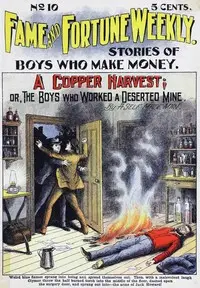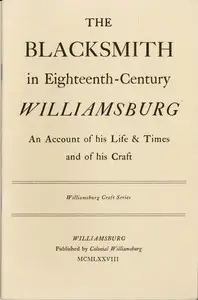"Charles Sumner Centenary: Historical Address by Archibald Henry Grimké" is a historical account written in the early 20th century. This commemorative work celebrates the life and legacy of Charles Sumner, a prominent anti-slavery politician and orator from Massachusetts, who played a significant role in the abolitionist movement. The address highlights his contributions to American society and politics, particularly during the tumultuous era leading up to the Civil War. In the address, Archibald Henry Grimké reflects on Sumner’s journey as a senator, emphasizing his steadfast commitment to justice and equality. Sumner is portrayed as a righteous figure who stood against the prevailing injustices of slavery, enduring personal attacks and violence, most notably an assault by Preston Brooks. Grimké recounts Sumner's evolution as a political leader who, despite his challenges, fervently advocated for the rights of all people and maintained an unwavering moral compass. The address serves not only as a tribute to Sumner's life but also as a call to action for future generations to uphold the values of freedom and equality that he championed. (This is an automatically generated summary.)

Charles Sumner Centenary: Historical Address The American Negro Academy. Occasional Papers No. 14
By Archibald Henry Grimké
"Charles Sumner Centenary: Historical Address by Archibald Henry Grimké" is a historical account written in the early 20th century. This commemorative...
Archibald Henry Grimké was an African-American lawyer, intellectual, journalist, diplomat and community leader in the 19th and early 20th centuries. He graduated from freedmen's schools, Lincoln University in Pennsylvania, and Harvard Law School, and served as American Consul to the Dominican Republic from 1894 to 1898. He was an activist for the rights of Black Americans, working in Boston and Washington, D.C. He was a national vice-president of the National Association for the Advancement of Colored People (NAACP), as well as president of its Washington, D.C. chapter.


















